Czech architect and designer Bořek Šípek dies aged 66
Bořek Šípek, the Czech architect and designer known for his flamboyant glassware and furniture, has died in Prague aged 66.
Fellow Czech designer Maxim Velčovský described Šípek as "a global postmodern star" and said he played a key role in saving the Czech hand-made glass industry.
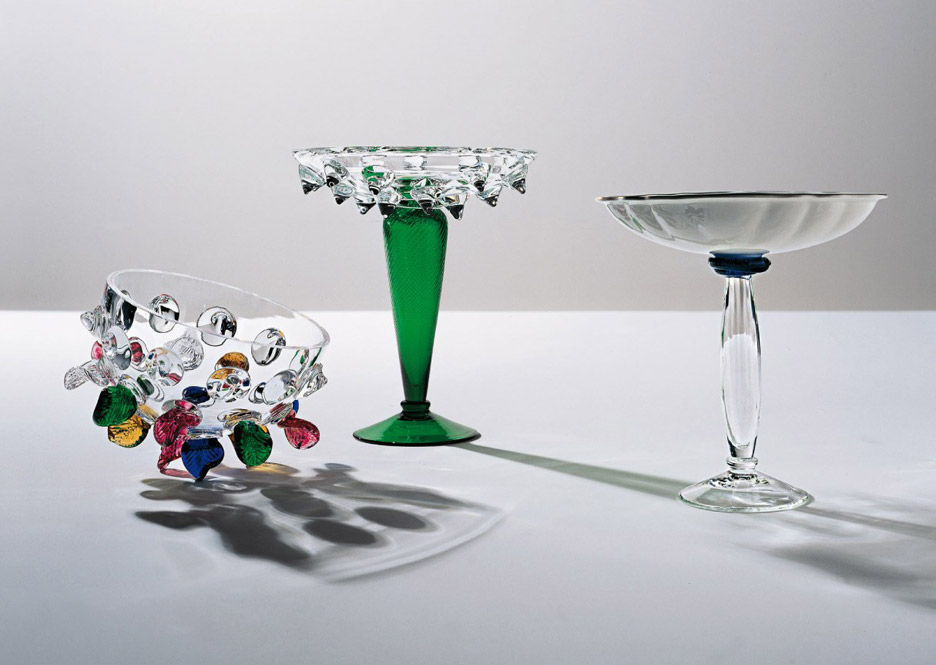
Šípek, who died yesterday, is best known in his home country for his work for former Czech president Václav Havel, who appointed him court architect of Prague Castle, his official residence.
Abroad he is associated with the colourful "neo-baroque" glass pieces and sculptural furniture he created, particularly for Italian brand Driade, which has described him as "an outstanding presence" and his work as "highly sensual" with origins clearly rooted in Bohemian baroque.
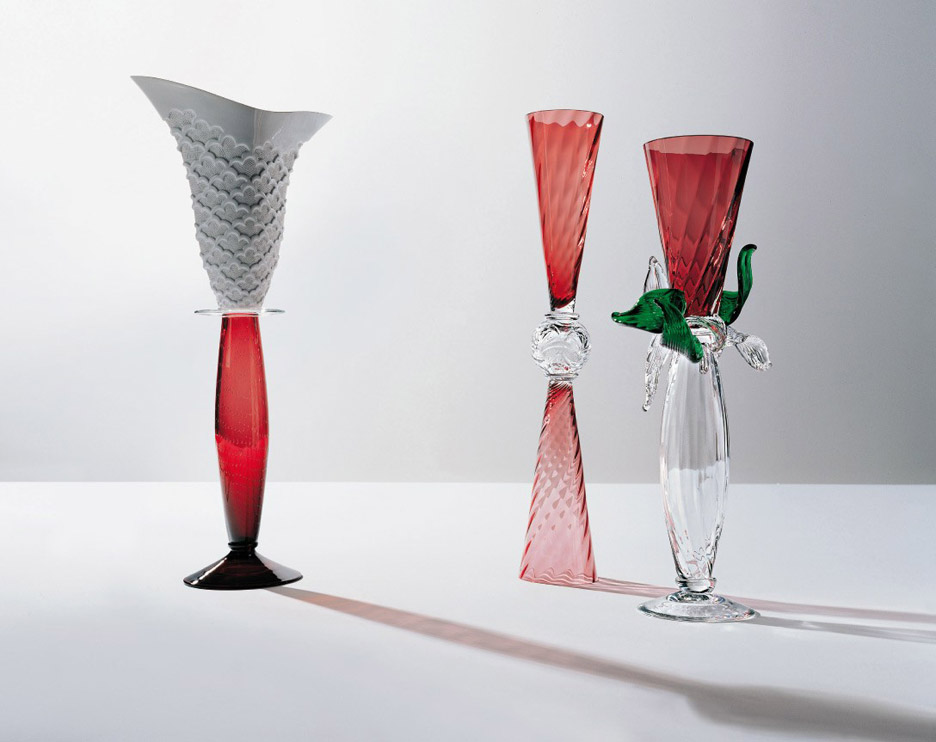
Šípek was born in Prague in 1949. Orphaned at age 15, his guardian was René Roubíček, the great glass artist. He studied furniture construction in Prague before emigrating to Germany after the Soviet-led invasion of his homeland in 1968. In Germany he worked as a cabinet maker and later studied architecture in Stuttgart.
In 1982 he completed Glass House Hamburg, a highly regarded greenhouse-like house for his sister in Hamburg.
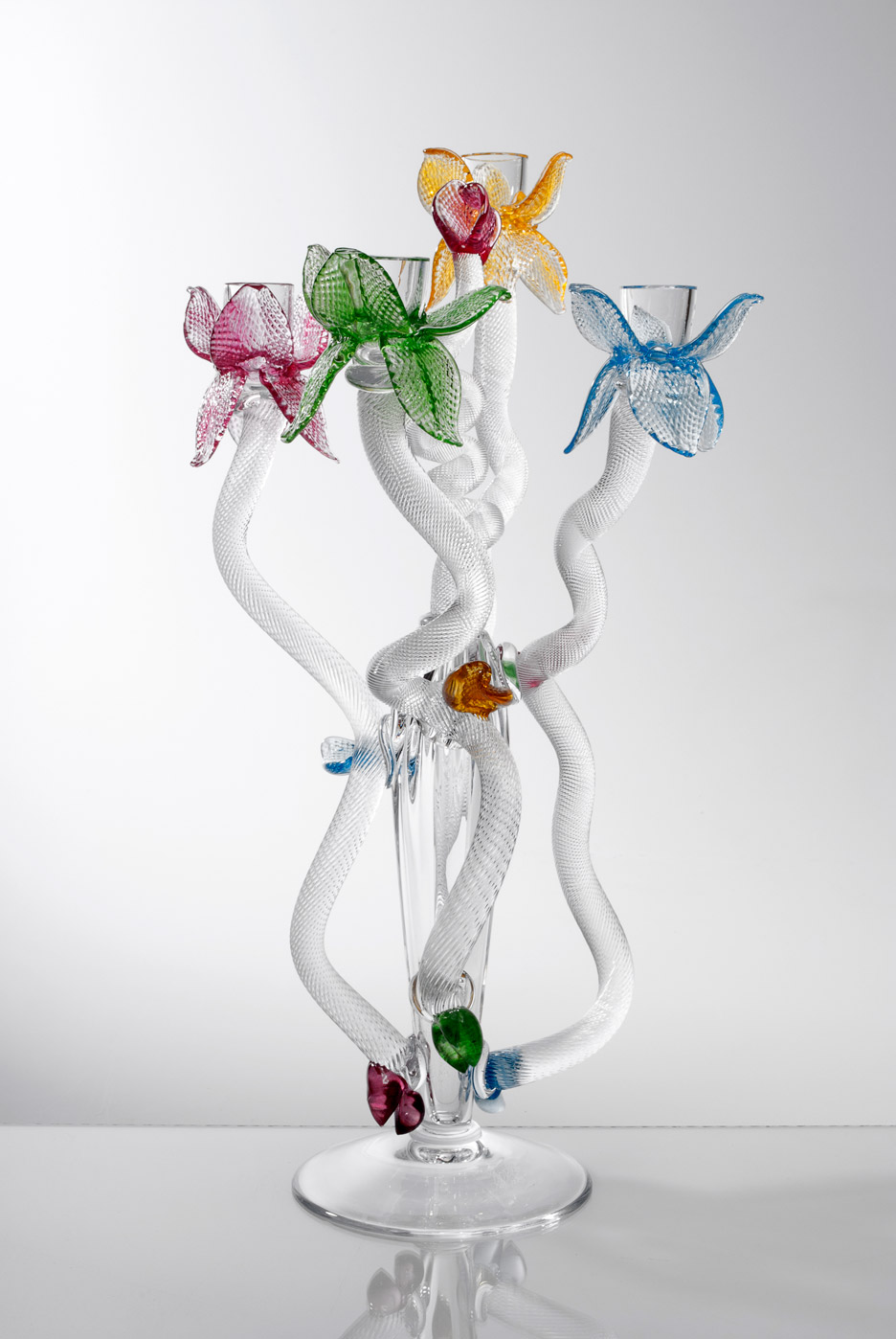
He started to work in glass at a smaller and more expressive scale, moving to Amsterdam and attracting the attention of Driade, where he became one of the brand's core designers alongside Philippe Starck, Oscar Tusquets and Antonia Astori.
In the late eighties, together with master glassblower Petr Novotný, he cofounded the Ajeto glass factory in the Czech Republic to keep alive the traditions of Bohemian glassblowing.
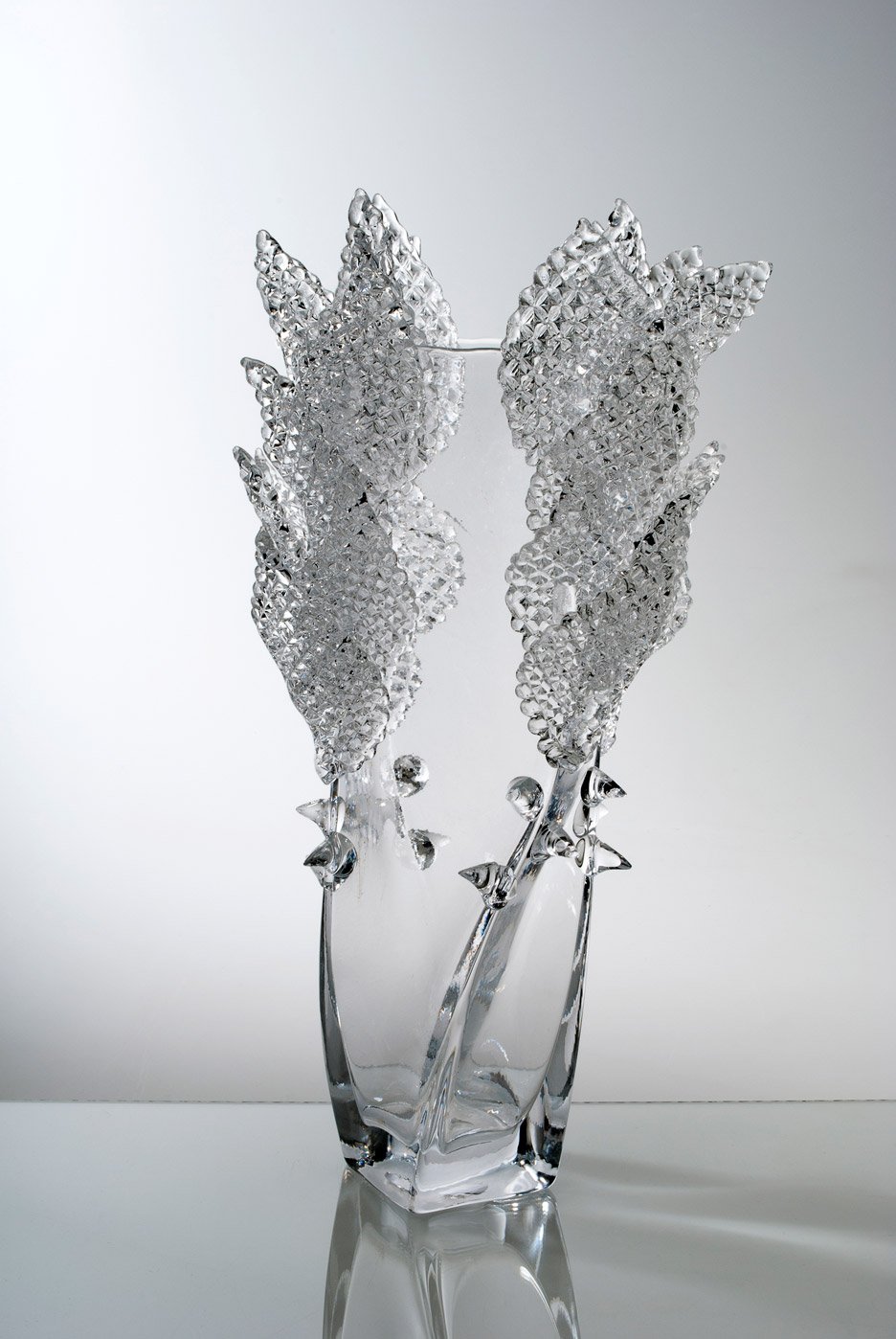
"For me he is not only an important person in Czech design, but a global postmodern star who brought, next to Philippe Starck, another type of personal approach with a very special accent on craft and story," designer and Lasvit creative director Maxim Velčovský told Dezeen.
"Bořek played important role in saving the Czech glass tradition in the time of transformation from communism into wild capitalism after the Velvet Revolution by building the famous Ajeto glassworks," added Velčovský, who recently worked with Šípek on the Galaxy Luminia collection of chandeliers for Lasvit.
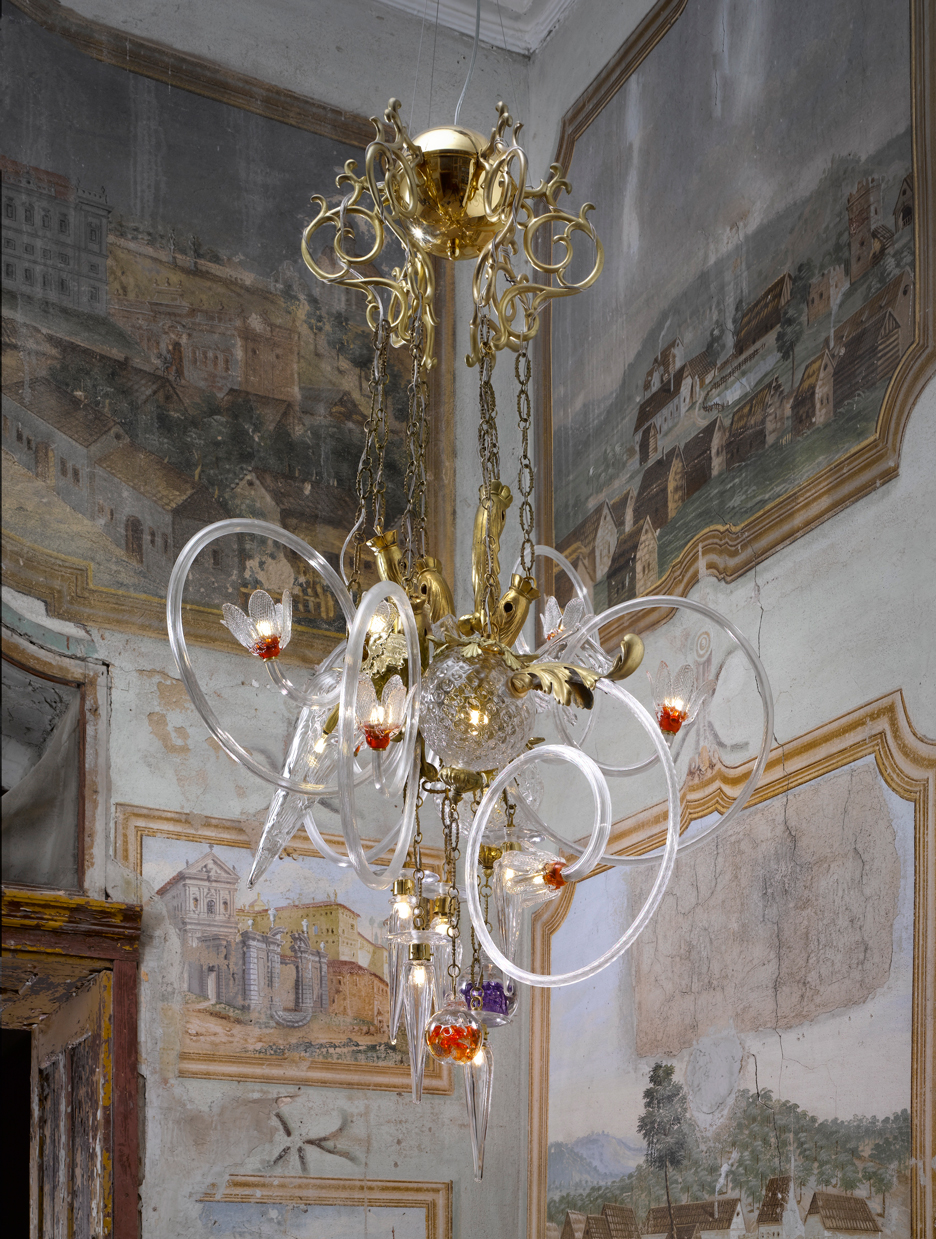
"This place became a symbol of creativity where the best craftsmen would create the most complicated and challenging pieces of the time."
"If you cannot start again and again, you end up in a routine," Šípek is quoted as saying. "I like being unrestricted. The only restrictions that I welcome and that stimulate me are within the borders of the given order. I come out of it and I submit to it. My first two emigrations taught met this."
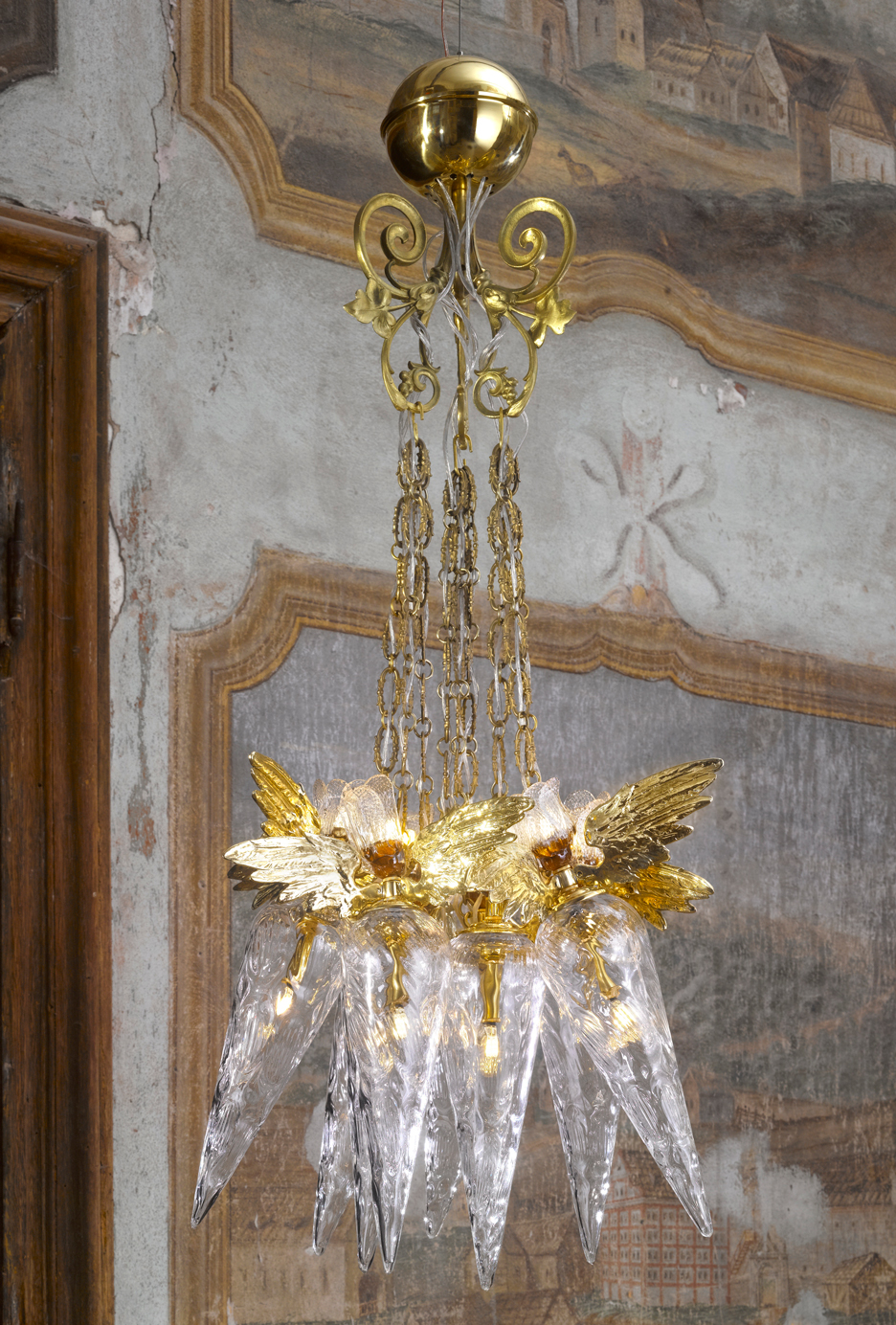
Bořek Šípek was born on 14 June 1949 and died on 13 February 2016.